Emilio Solla & Antonio Lizana - El Siempre Mar (2023) [Hi-Res]
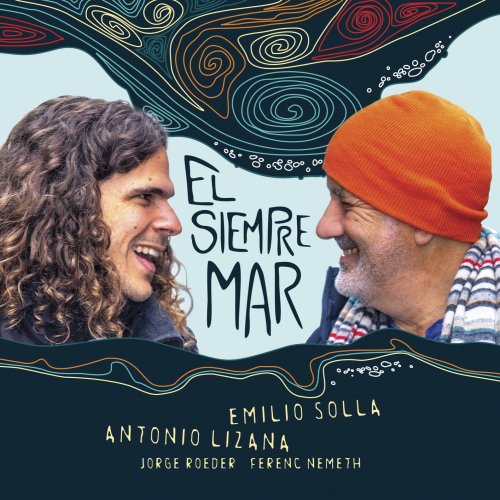
Artist: Emilio Solla, Antonio Lizana
Title: El Siempre Mar
Year Of Release: 2023
Label: Tiger Turn
Genre: Jazz
Quality: FLAC (tracks) / 24bit-96kHz FLAC (tracks)
Total Time: 57:35
Total Size: 357 MB / 1.19 GB
WebSite: Album Preview
Tracklist:Title: El Siempre Mar
Year Of Release: 2023
Label: Tiger Turn
Genre: Jazz
Quality: FLAC (tracks) / 24bit-96kHz FLAC (tracks)
Total Time: 57:35
Total Size: 357 MB / 1.19 GB
WebSite: Album Preview
1. El Arriero (4:37)
2. Zamba para no morir (5:36)
3. Vidalita - Buenos Aires blues (6:35)
4. Luna tucumana (6:22)
5. Siempre se vuelve a Buenos Aires (4:39)
6. Lejos de casa (6:44)
7. La piedra (3:46)
8. Silencio de Cristal (Crystal Silence, vocal version) (5:43)
9. Hurry (3:59)
10. Una realidad diferente (4:38)
11. El otro mar (5:01)
El Siempre Mar, the latest output from heralded pianist Emilio Solla and in-demand saxophonist and vocalist Antonio Lizana. El Siempre Mar follows the critical reception of Solla’s Latin GRAMMY® Award-winning Puertos (2019), the rapturous, propulsive fruits of his 17-piece Tango Jazz Orchestra. Upholding his devotion toward Tango music and its history on his 13th leader recording, the multi-GRAMMY nominated Solla returns alongside the prolific Lizana for a virtuous welding of jazz-infused, cross-continental Latin styles. Fusing Solla’s jazz- tango and folkloric influences and Lizana’s roots in flamenco, El Siempre Mar unites musicians born from two continents between the Atlantic Ocean as they celebrate the rhythmic vernacular of cantes de ida y vuelta.
This historic expression harkens back to centuries of cultural exchange between peninsular Spain and the countries of Latin America. Otherwise known as flamenco ’roundtrip songs’, the term cantes de ida y vuelta canvasses a vast array of flamenco palos, several musical forms which Solla and Lizana exercise here with fervency. After attending one of Lizana’s performances several years ago and sparking conversation, Solla found common ground with the Spain-native, discovering their shared love for many of the same cantes that stood sanctified in each’s musicianship.
El Siempre Mar, therefore, is vast and eclectic much like the spirit of its origins. While Solla anchors the crew on piano and Lizana swiftly divides his time between vocals and saxophone, bassist Jorge Roeder (Julian Lage, Shai Maestro) and drummer/percussionist Ferenc Nemeth (Lionel Loueke) round off a hyper-creative and uniformly technical rhythm section. A native of Lima, Roeder’s versatile musical vocabulary shines brightly alongside his Afro-Peruvian roots throughout El Siempre Mar. Nemeth, who hails from Hungary, upholds his reputation as an expansive accompanist with a breadth of cultural influences and credits. Sensitivity and devotion to global sounds characterize the entirety of El Siempre Mar’s configuration. Powerhouse Latin-GRAMMY® nominated vocalist Roxana Ahmed joins this circle briefly as well, endowing the set with her original “Lejos de casa” against the ethereal guest string quartet of Javier Weintraub, Cecilia García, Javier Portero and Patricio Villarejo
It begins with a feat, “El arriero”, originally written by trailblazing 20th century Argentine folk musician Atahualpa Yupanqui. Priming the listener with bountiful improvisational groundwork, the tune is set over the flamenco beat bulerías al golpe, on which a rapid 12/8 rhythm weaves a variety of influences: the drum pattern inspired by an Argentinian dance form, huayno, and the piano drawing a line evocative of a milonga. Solla refers to the tune as “a quintessential representation of what this album is about” and when describing its cluster of South American influences, cites that it all makes sense together, “as if there were an invisible net connecting it all across the ocean.”
Solla originals like “Vidalita – Buenos Aires blues,” ruminate in a Coltrane-etched, hard-bop atmosphere, while “El otro mar” can “reveal Solla as the master composer and arranger who deftly weaves together the familiar with the fresh,” as stated by Kabir Sehgal in the liner notes. The pair continues to graze through later chapters of the jazz canon on an arrangement of Chick Corea’s “Silencio de cristal,” though the two have also recently collaborated on an entirely separate symphonic project dedicated to the late jazz titan. Lizana and company breathe prisms of emotion into the ballad “Luna tucumana”, another Yupanqui tune, where an impassioned opening morphs into an uplifting redirection of melody at the turn of Roeder’s thumps. The collaborative Lizana-Solla composition “La piedra” is another album highlight accentuating the synergy of the pair.
For an album inspired by the music of his childhood split between Mendoza and Buenos Aires, it was fitting for Solla to pay homage to another pillar of Argentinian culture in its title. El Siempre Mar borrows from influential Argentine author Jorge Luis Borges, whose poem, “El Mar,” can be found in the album sleeve. Though its translation to English is complex, the meaning thoroughly captures the essence of this new masterwork. The sea, the Atlantic Ocean which separates Solla’s Argentina and Lizana’s Spain, was here first. Before man had an understanding of time or the words to express it, he had “the always sea,” and in this case, rather than being separated by it, Emilio Solla and Antonio Lizana have united.
Emilio Solla, piano
Antonio Lizana, vocals & saxophones
Jorge Roeder, double bass
Ferenc Nemeth, drums & percussion
Roxana Amed, vocals (on track 6)
String quartet: (on tracks 2, 6)
Javier Weintraub, violin
Cecilia García, violin
Javier Portero, viola
Patricio Villarejo,dello
This historic expression harkens back to centuries of cultural exchange between peninsular Spain and the countries of Latin America. Otherwise known as flamenco ’roundtrip songs’, the term cantes de ida y vuelta canvasses a vast array of flamenco palos, several musical forms which Solla and Lizana exercise here with fervency. After attending one of Lizana’s performances several years ago and sparking conversation, Solla found common ground with the Spain-native, discovering their shared love for many of the same cantes that stood sanctified in each’s musicianship.
El Siempre Mar, therefore, is vast and eclectic much like the spirit of its origins. While Solla anchors the crew on piano and Lizana swiftly divides his time between vocals and saxophone, bassist Jorge Roeder (Julian Lage, Shai Maestro) and drummer/percussionist Ferenc Nemeth (Lionel Loueke) round off a hyper-creative and uniformly technical rhythm section. A native of Lima, Roeder’s versatile musical vocabulary shines brightly alongside his Afro-Peruvian roots throughout El Siempre Mar. Nemeth, who hails from Hungary, upholds his reputation as an expansive accompanist with a breadth of cultural influences and credits. Sensitivity and devotion to global sounds characterize the entirety of El Siempre Mar’s configuration. Powerhouse Latin-GRAMMY® nominated vocalist Roxana Ahmed joins this circle briefly as well, endowing the set with her original “Lejos de casa” against the ethereal guest string quartet of Javier Weintraub, Cecilia García, Javier Portero and Patricio Villarejo
It begins with a feat, “El arriero”, originally written by trailblazing 20th century Argentine folk musician Atahualpa Yupanqui. Priming the listener with bountiful improvisational groundwork, the tune is set over the flamenco beat bulerías al golpe, on which a rapid 12/8 rhythm weaves a variety of influences: the drum pattern inspired by an Argentinian dance form, huayno, and the piano drawing a line evocative of a milonga. Solla refers to the tune as “a quintessential representation of what this album is about” and when describing its cluster of South American influences, cites that it all makes sense together, “as if there were an invisible net connecting it all across the ocean.”
Solla originals like “Vidalita – Buenos Aires blues,” ruminate in a Coltrane-etched, hard-bop atmosphere, while “El otro mar” can “reveal Solla as the master composer and arranger who deftly weaves together the familiar with the fresh,” as stated by Kabir Sehgal in the liner notes. The pair continues to graze through later chapters of the jazz canon on an arrangement of Chick Corea’s “Silencio de cristal,” though the two have also recently collaborated on an entirely separate symphonic project dedicated to the late jazz titan. Lizana and company breathe prisms of emotion into the ballad “Luna tucumana”, another Yupanqui tune, where an impassioned opening morphs into an uplifting redirection of melody at the turn of Roeder’s thumps. The collaborative Lizana-Solla composition “La piedra” is another album highlight accentuating the synergy of the pair.
For an album inspired by the music of his childhood split between Mendoza and Buenos Aires, it was fitting for Solla to pay homage to another pillar of Argentinian culture in its title. El Siempre Mar borrows from influential Argentine author Jorge Luis Borges, whose poem, “El Mar,” can be found in the album sleeve. Though its translation to English is complex, the meaning thoroughly captures the essence of this new masterwork. The sea, the Atlantic Ocean which separates Solla’s Argentina and Lizana’s Spain, was here first. Before man had an understanding of time or the words to express it, he had “the always sea,” and in this case, rather than being separated by it, Emilio Solla and Antonio Lizana have united.
Emilio Solla, piano
Antonio Lizana, vocals & saxophones
Jorge Roeder, double bass
Ferenc Nemeth, drums & percussion
Roxana Amed, vocals (on track 6)
String quartet: (on tracks 2, 6)
Javier Weintraub, violin
Cecilia García, violin
Javier Portero, viola
Patricio Villarejo,dello
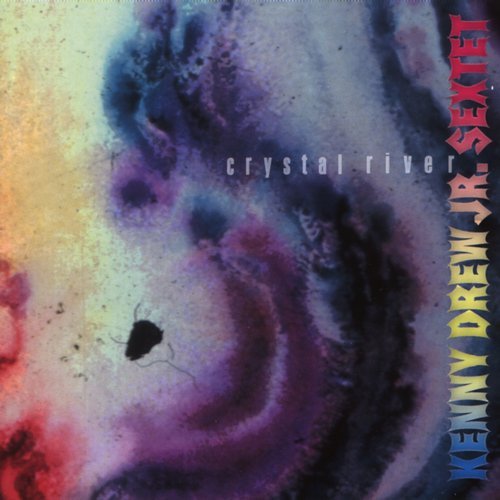
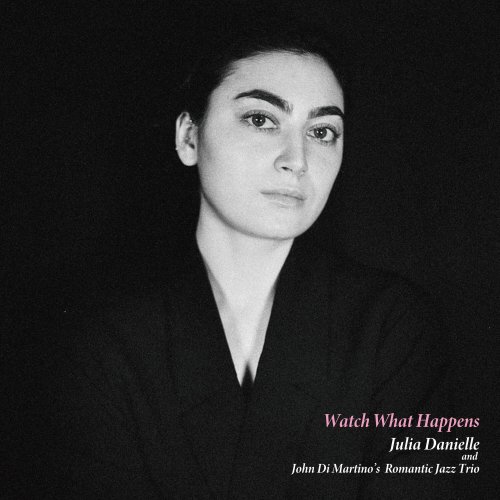
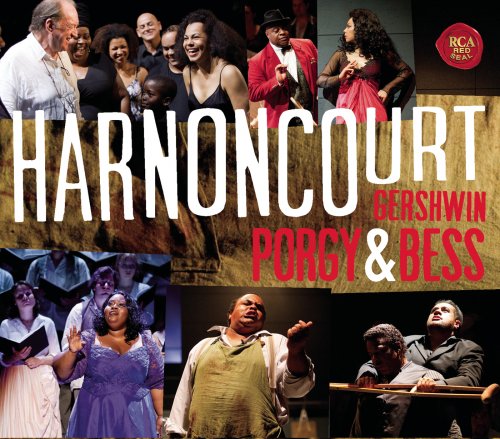
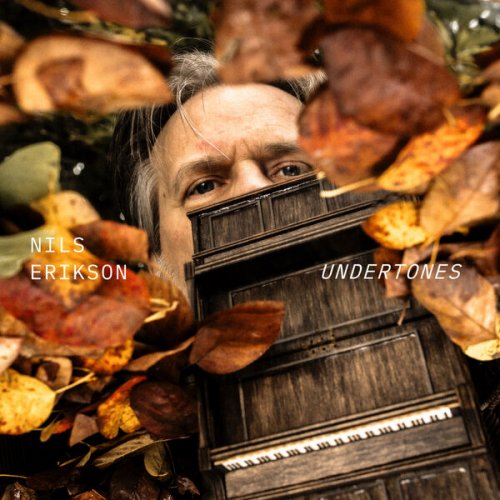
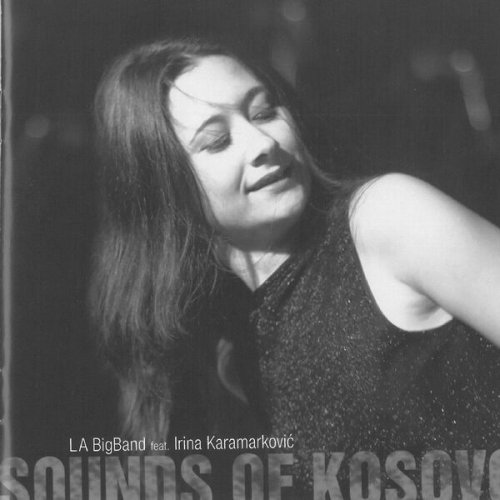
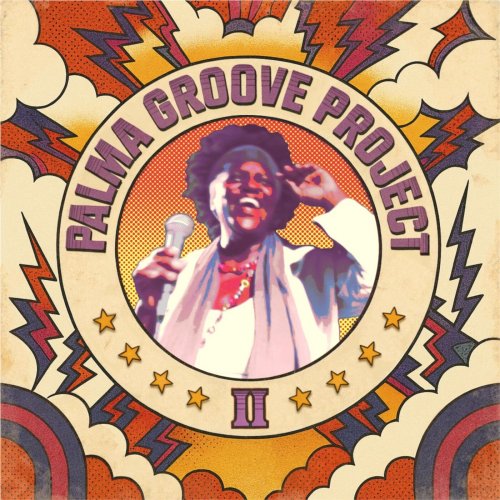
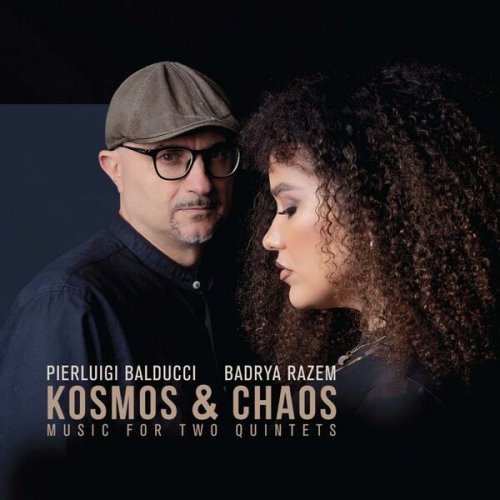
![Anna Kolchina - Reach for Tomorrow (2026) [Hi-Res] Anna Kolchina - Reach for Tomorrow (2026) [Hi-Res]](https://img.israbox.com/img/2026-02/19/quc4em3qn6fgke1rwewkbdxg5.jpg)
![Jay Cinema - A Smile to a Tear (2025) [Hi-Res] Jay Cinema - A Smile to a Tear (2025) [Hi-Res]](https://img.israbox.com/img/2026-02/15/3den0r6ij0gj805kc59em92op.jpg)